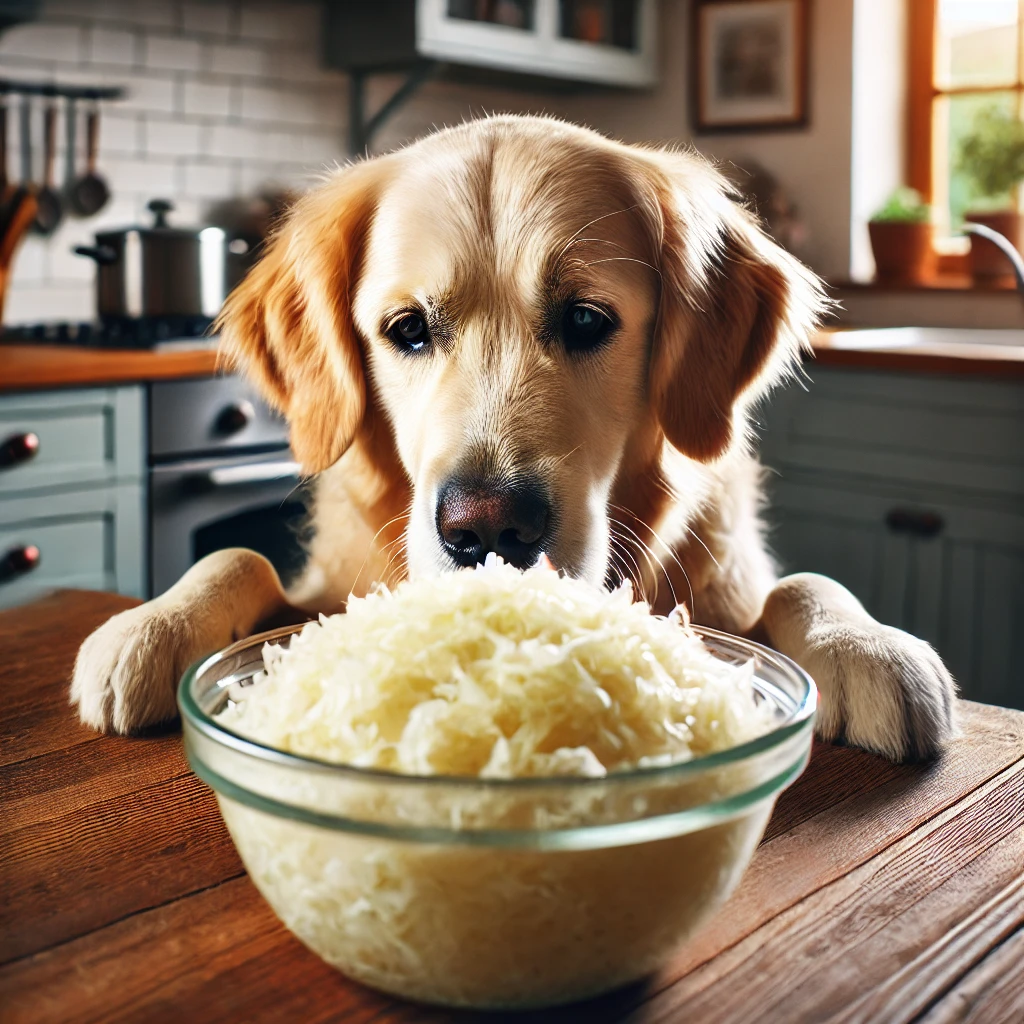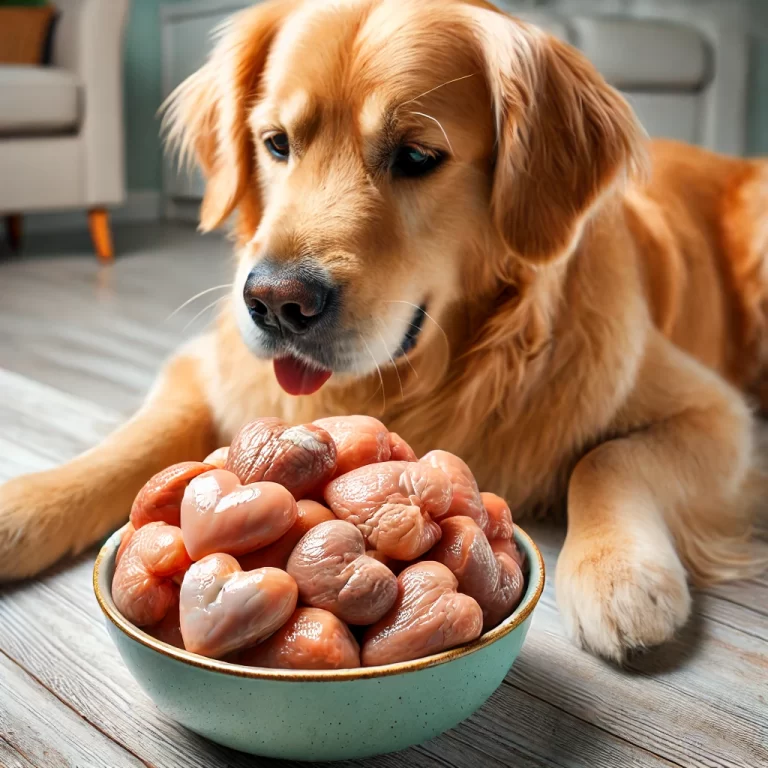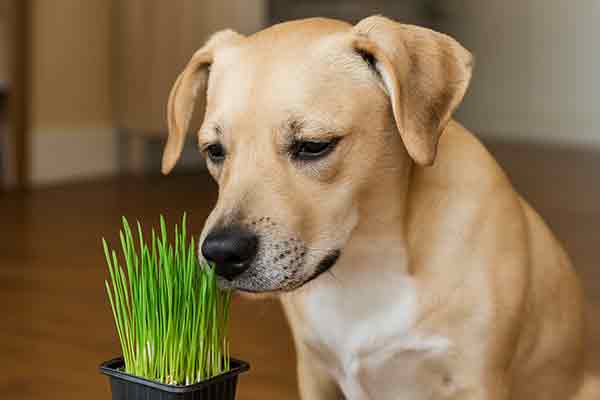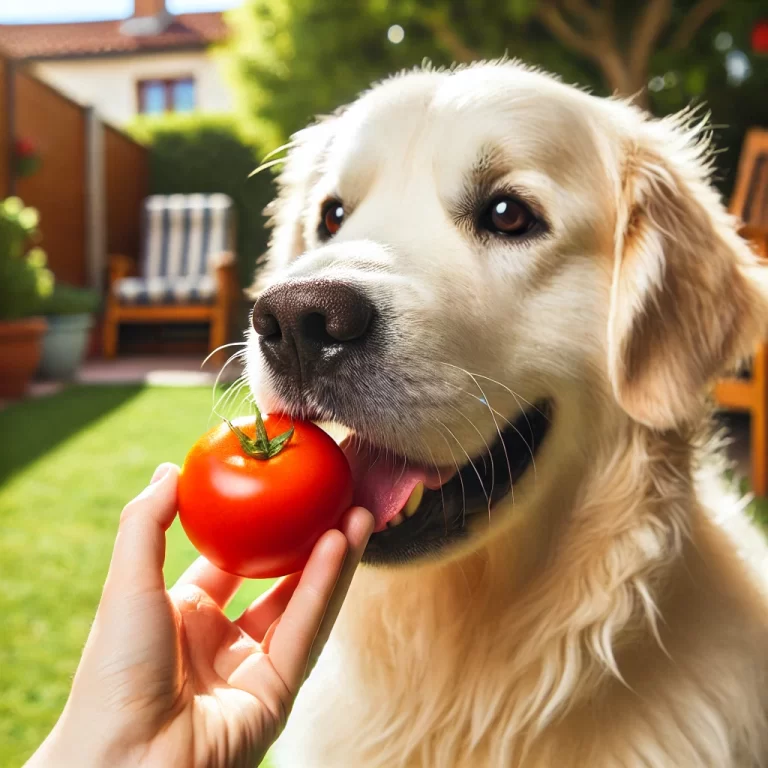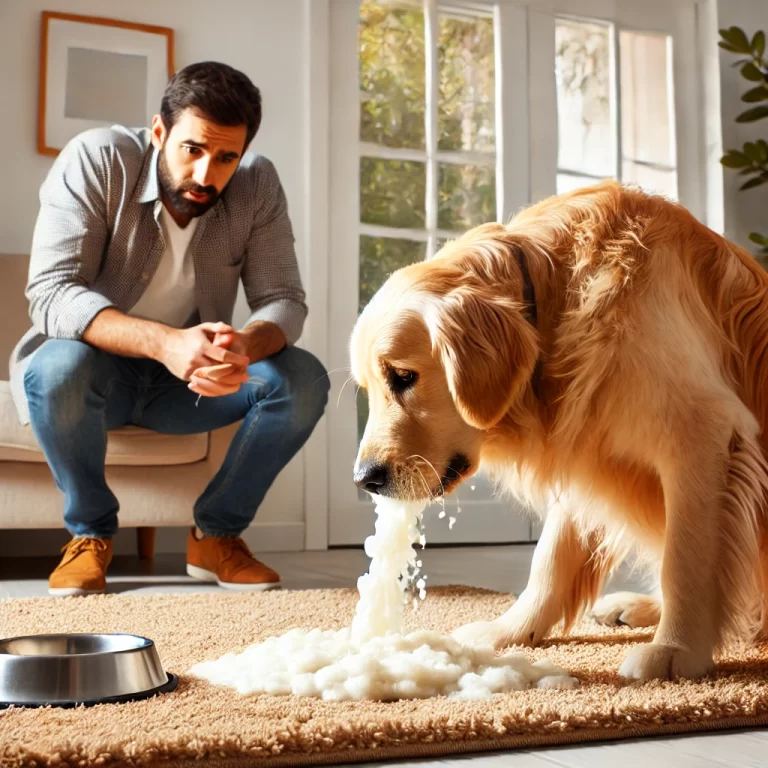Is Sauerkraut Good for Dogs?
Sauerkraut, a fermented cabbage dish popular in many cuisines, is known for its probiotic benefits and tangy flavor. But is sauerkraut good for dogs? As a responsible pet owner, you may wonder whether this fermented food can be a healthy addition to your dog’s diet or if it poses potential risks.
In this article, we’ll explore the benefits and risks of feeding sauerkraut to dogs, how to serve it safely, and whether it should become a regular part of your pup’s diet.
What is Sauerkraut?
Sauerkraut is simply cabbage that has been fermented with salt. The fermentation process encourages beneficial bacteria (probiotics) to grow, making sauerkraut a gut-friendly food for humans. Unlike fresh cabbage, which contains fiber and vitamins, fermented cabbage boasts an increased amount of probiotics that support digestive health.
But does this mean that sauerkraut is good for dogs as well? Let’s take a closer look.

Is Sauerkraut Safe for Dogs?
The answer is yes, in moderation—but with some caveats. Plain, unseasoned sauerkraut can provide health benefits for dogs, but store-bought varieties that contain added salt, vinegar, garlic, onions, or preservatives can be harmful.
What Makes Sauerkraut Potentially Beneficial for Dogs?
- Rich in Probiotics – Sauerkraut is packed with beneficial bacteria that support gut health, improving digestion and boosting the immune system.
- High in Fiber – The fiber in sauerkraut can aid in healthy digestion and prevent constipation.
- Loaded with Vitamins and Minerals – It contains vitamins C, K, and B6, as well as iron and manganese, which contribute to a dog’s overall well-being.
- Supports the Immune System – The combination of probiotics and vitamins may help fight infections and reduce inflammation.
Potential Risks of Feeding Sauerkraut to Dogs
While sauerkraut has potential health benefits, it also comes with a few risks:
- High Sodium Content – Many store-bought sauerkraut brands contain excessive salt, which can be harmful to dogs. Too much sodium can lead to dehydration, high blood pressure, and even sodium poisoning.
- Seasonings and Additives – Some varieties contain garlic and onions, which are toxic to dogs.
- Upset Stomach – Because sauerkraut is fermented, some dogs may experience gas, bloating, or diarrhea when first introduced to it.
- Strong Smell and Taste – Not all dogs will appreciate the strong aroma and tangy taste of sauerkraut.
How to Feed Sauerkraut to Dogs Safely
If you decide to give sauerkraut to your dog, follow these steps to ensure it’s safe and beneficial:
1. Choose the Right Type
- Homemade Sauerkraut: This is the best option because you can control the ingredients and avoid harmful additives.
- Plain, Unseasoned Store-Bought Sauerkraut: If purchasing from the store, select an organic, unseasoned variety that does not contain vinegar, onions, garlic, or excessive salt.
2. Introduce it Gradually
- Start with a small portion (e.g., a teaspoon for small dogs and a tablespoon for larger breeds).
- Observe your dog’s reaction over the next 24 hours to ensure they tolerate it well.
- If there are no signs of digestive upset, you can slowly increase the portion size.
3. Mix with Regular Dog Food
- To mask the strong smell and taste, mix a small amount of sauerkraut into your dog’s regular food.
- You can also blend it with lean meats or vegetables to make it more palatable.
4. Use as an Occasional Treat
- Sauerkraut should not replace your dog’s main diet but can be used occasionally as a probiotic supplement.
Homemade Sauerkraut Recipe for Dogs
Making sauerkraut at home is simple and ensures your dog gets the healthiest version possible.
Ingredients:
- 1 medium head of cabbage (shredded)
- 1 tablespoon of sea salt
- 1-2 cups of filtered water
Instructions:
- Place the shredded cabbage in a large bowl and sprinkle it with sea salt.
- Massage the cabbage for about 5-10 minutes until it softens and releases liquid.
- Pack the cabbage tightly into a clean glass jar, pressing it down to remove air bubbles.
- Add filtered water until the cabbage is fully submerged.
- Cover the jar with a breathable cloth or a loosely sealed lid and let it ferment at room temperature for 7-14 days.
- Store in the refrigerator once fermented.
- Serve small amounts to your dog as an occasional treat.
Frequently Asked Questions
1. Can Puppies Eat Sauerkraut?
While small amounts of plain sauerkraut are not toxic to puppies, their digestive systems are more sensitive than adult dogs. It’s best to wait until they are older before introducing fermented foods.
2. How Often Can I Give My Dog Sauerkraut?
Dogs can eat sauerkraut once or twice a week in small portions. Too much can cause digestive upset due to its fiber and probiotic content.
3. Can Dogs Eat Cooked Sauerkraut?
Yes, but cooking sauerkraut reduces its probiotic benefits. If you want to retain its health benefits, serve it raw.
4. What If My Dog Doesn’t Like Sauerkraut?
Some dogs dislike the strong smell and tangy taste. If your dog refuses to eat it, you can try mixing it with other foods or exploring other probiotic alternatives like plain yogurt or kefir.
5. Are There Alternatives to Sauerkraut for Dogs?
Yes! If you want to provide your dog with probiotics, consider:
- Plain yogurt (unsweetened and free of artificial flavors)
- Kefir (a probiotic-rich fermented milk drink)
- Pumpkin (great for digestion)
- Fermented vegetables (such as carrots or beets, in moderation)
Final Verdict: Is Sauerkraut Good for Dogs?
Yes, sauerkraut can be a healthy addition to a dog’s diet when given in moderation and prepared correctly. Its probiotics, fiber, and vitamins support digestion and immune function. However, it’s important to avoid store-bought varieties with high sodium or harmful ingredients like onions and garlic.
If you choose to feed your dog sauerkraut, start with small amounts and monitor for any digestive issues. When in doubt, consult your veterinarian before making dietary changes for your furry friend.
Would you like more dog-friendly nutrition guides? Let us know in the comments!

